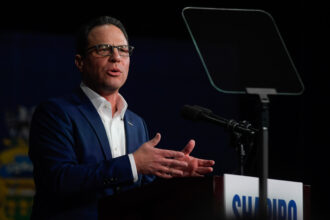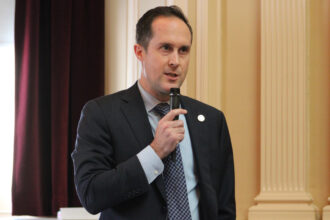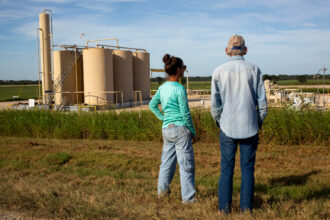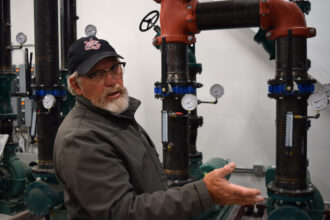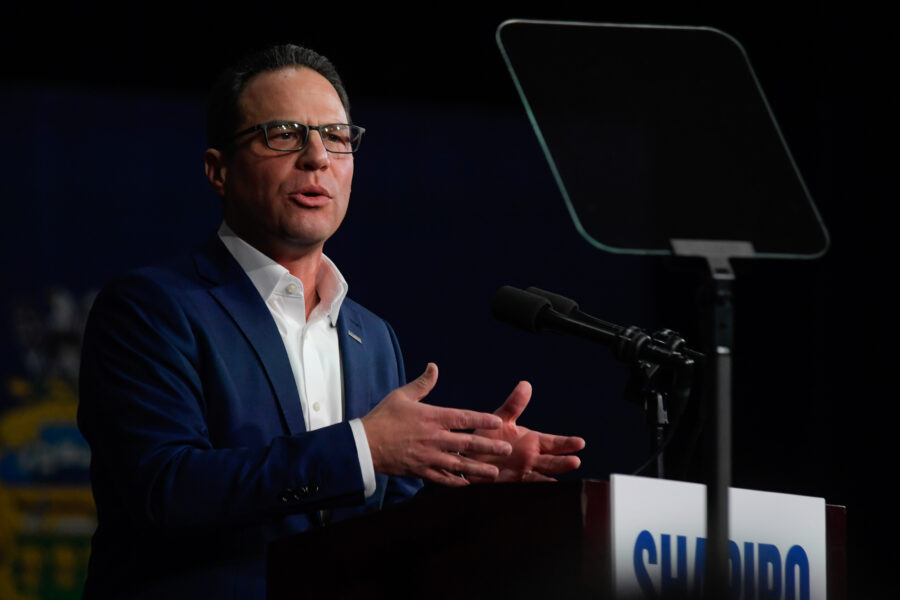By Guardian staff and agencies
Barack Obama will order BP to hand over control of damage claims arising from the oil spill in the Gulf of Mexico, his spokesman said today as the company was granted permission to try a new method of containing oil from the spill.
The US president is to give a televised address to the country tonight, his first from the Oval Office during his presidency, to reassure Americans that the government is in control of the crisis.
Obama’s spokesman, Robert Gibbs, said the president was poised to seize the handling of damage claims from BP, if necessary. He would also use the speech to identify a person to lead the recovery effort and discuss reducing the US’s reliance on fossil fuels and imported oil.
"We have to get an independent claims process," Gibbs told American television news shows. "I think everyone agrees that we have to get BP out of the claims processes and, as I said, make sure that fishermen, hotel owners have a fast, efficient and transparent claims process so that they’re getting their livelihoods replaced."
Asked by Good Morning America what Obama would do if BP refused, Gibbs said: "The president has the legal authority to compel them to do so, and if they don’t, he will."
The news came as BP’s credit rating was slashed by Fitch to just two notches above junk status, as the potential cost of the Gulf of Mexico oil spill continued to escalate.
Federal authorities have granted the company permission to start burning oil and gas piped up from its broken well as part of a new plan to reduce the amount of oil leaking into the Gulf of Mexico.
The method involves pumping oil from the busted wellhead to a special ship on the surface, where it will be burned off rather than collected. BP said it hoped to trap as much as 8.3m litres (2.2m gallons) of oil daily by the end of June.
The announcement comes as Obama is on the second day of a two-day trip to the region before he returns to Washington tonight for the broadcast.
Speaking on CNN, Gibbs said the president would address: "How do we challenge ourselves to create the type of energy approach that doesn’t increase our dependency on fossil fuels and foreign oil?"
He said Obama also would touch on regulatory changes to try to prevent this sort of disaster from occurring again and would name someone to head the recovery effort. Obama would also discuss the next steps to contain the leak in the Gulf of Mexico.
Gibbs said Obama intended to fulfil his pledge to restore the Gulf after a leak that has spilled oil for nearly two months, fouling US coastlines and killing birds, sea turtles and dolphins.
"This is a tremendously important time," Gibbs said. "The president understands the challenges and will lay out a direct and clear plan to meet them. The president will outline … a plan going forward to restore the Gulf not to where it was the day this accident happened but to restore this Gulf to where it was years ago, to increase the health and the vitality of the species there, the wildlife and the natural beauty that we all know is the Gulf of Mexico."
Gibbs said BP’s containment efforts in the Gulf should be capturing about 90% of the oil leaking from the well by the end of June. "Right now what we have are physics problems. The top cap can only take so much. They’re adding additional lines … that will bring more and more of that oil to the surface and out of the Gulf."
(Republished with permission of The Guardian)
About This Story
Perhaps you noticed: This story, like all the news we publish, is free to read. That’s because Inside Climate News is a 501c3 nonprofit organization. We do not charge a subscription fee, lock our news behind a paywall, or clutter our website with ads. We make our news on climate and the environment freely available to you and anyone who wants it.
That’s not all. We also share our news for free with scores of other media organizations around the country. Many of them can’t afford to do environmental journalism of their own. We’ve built bureaus from coast to coast to report local stories, collaborate with local newsrooms and co-publish articles so that this vital work is shared as widely as possible.
Two of us launched ICN in 2007. Six years later we earned a Pulitzer Prize for National Reporting, and now we run the oldest and largest dedicated climate newsroom in the nation. We tell the story in all its complexity. We hold polluters accountable. We expose environmental injustice. We debunk misinformation. We scrutinize solutions and inspire action.
Donations from readers like you fund every aspect of what we do. If you don’t already, will you support our ongoing work, our reporting on the biggest crisis facing our planet, and help us reach even more readers in more places?
Please take a moment to make a tax-deductible donation. Every one of them makes a difference.
Thank you,





